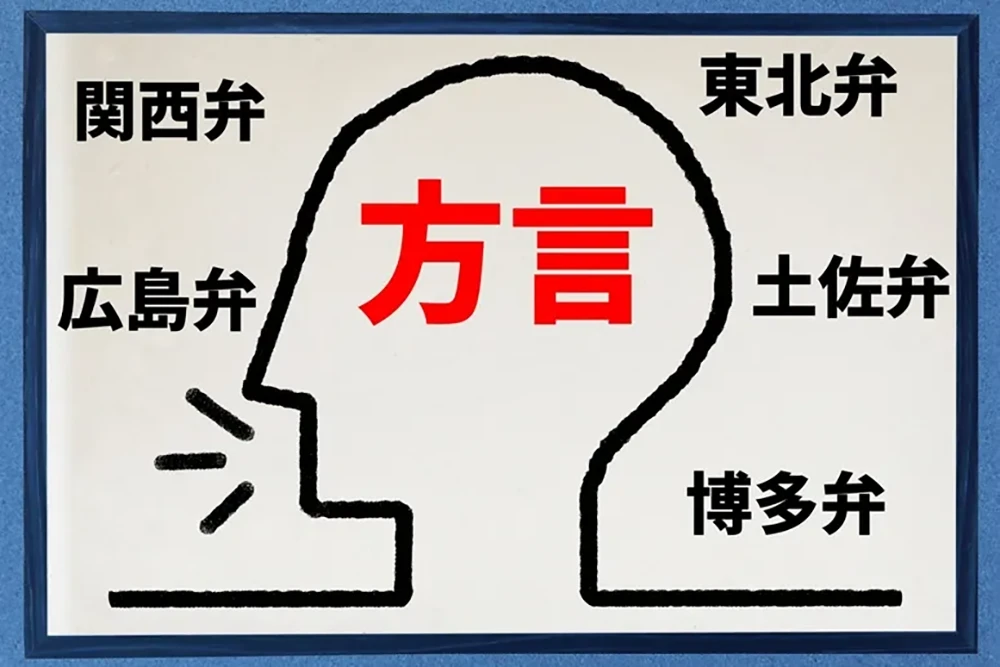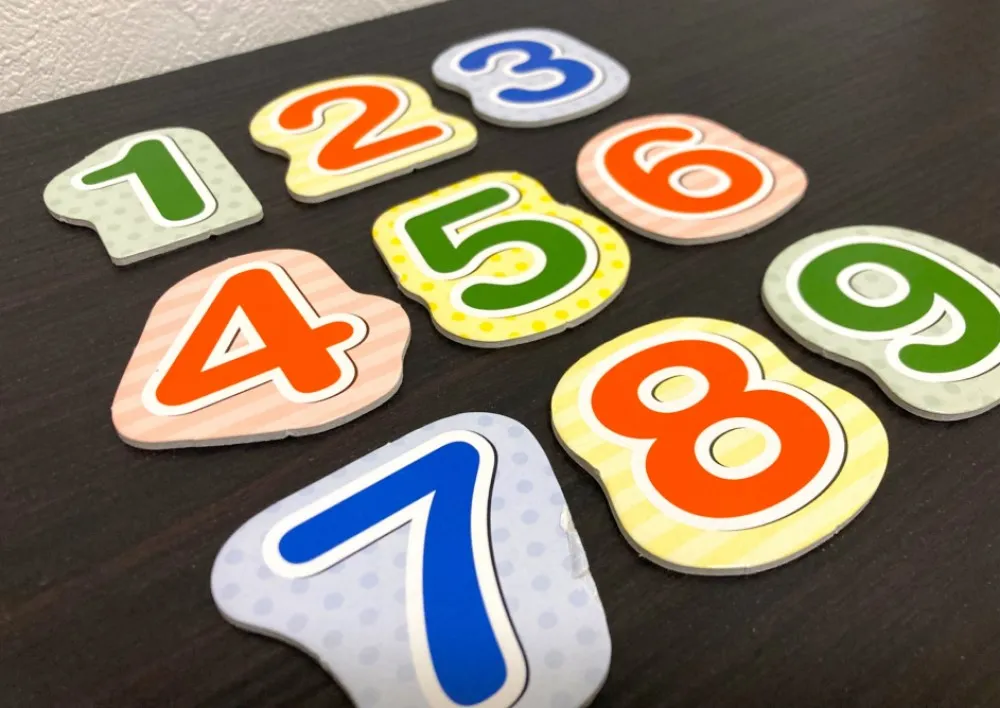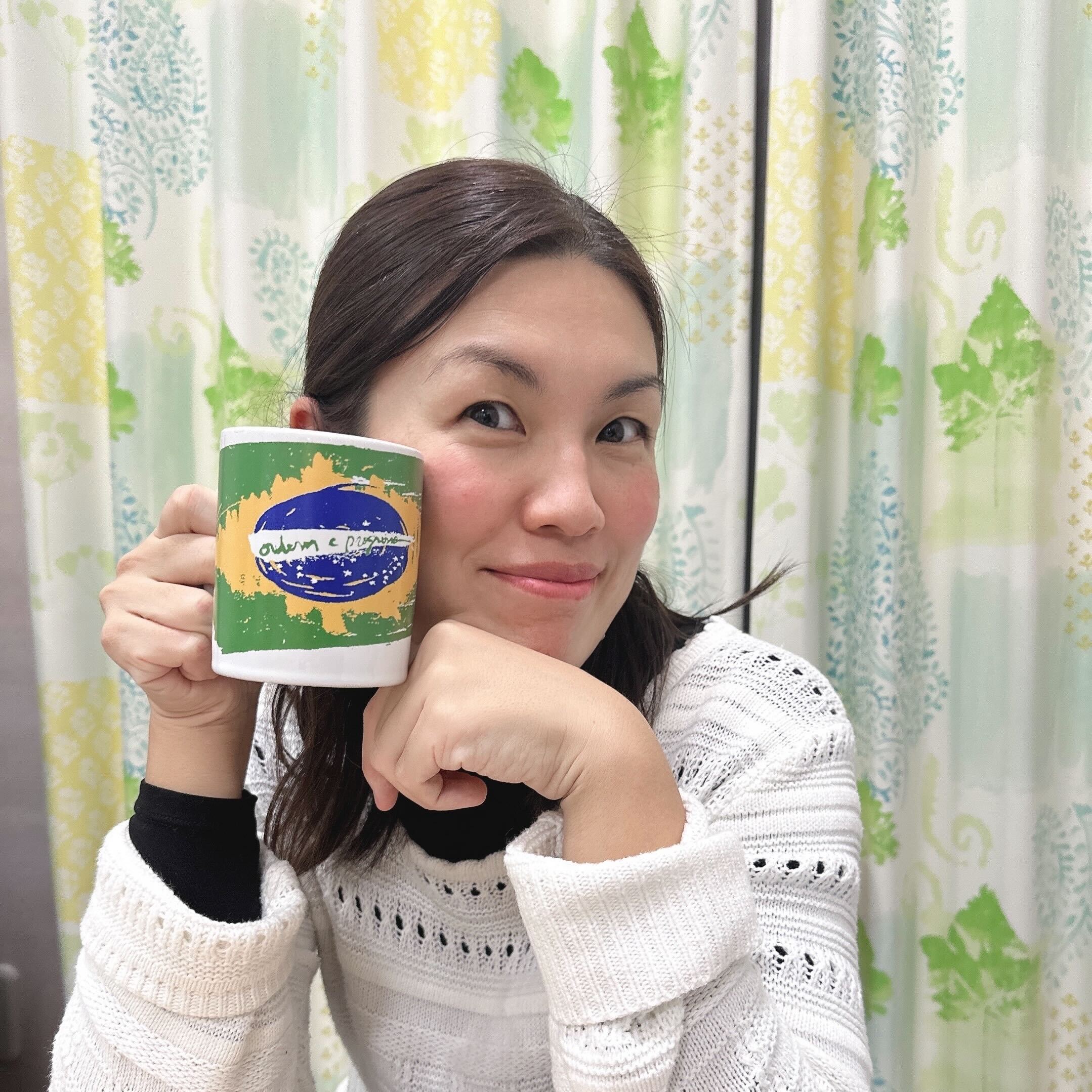

Essential Manners and Mindset for Interacting with Japanese Professionals
Last month, when I conducted a Japanese language class for Nikkei individuals based in Latin America as part of a JICA project, the trainers emphasized: “We need you to teach them at least the basics of Japanese manners. We don’t want our trainees to come across as rude when they participate in training at Japanese companies. Japanese people take manners very seriously. Since they’re not fluent in Japanese, we want to ensure they make a good impression.” To avoid misunderstandings like “I didn’t mean to…” please keep the tips we’re introducing today in mind!
Behaviors to Avoid in Business Settings
- Crossing your arms or legs
- Jutting out your chin
- Leaning back arrogantly in your chair
- Twirling a pen
- Shaking your leg
- Resting your chin in your hand
- Avoiding eye contact
- Yawning
- Sitting cross-legged
- Putting your feet up on a chair
These examples highlight behaviors that are inappropriate, some unique to Japan and others frowned upon globally. Here are some real-life stories to illustrate their impact.
Is It Not Allowed to Go to Work with Wet Hair in Japan?
Going to Work with Wet Hair
This is a question I received from trainees from Mexico, Peru, and Brazil. In their countries, it is common to take a shower in the morning (they also shower at night), and they mentioned that no one comments on their wet hair when they go to work. However, in Japan, people would likely be surprised and ask, “Did you get caught in the rain?” or say, “You should dry your hair before you catch a cold,” expressing concern. I assume many Japanese people don’t even consider the idea of going to work with wet hair. The cultural difference is quite fascinating.
Crossing Your Arms
When you cross your arms, it can give off impressions such as being intimidating, arrogant, cheeky, or condescending. I’ve heard that in the United States, it’s best not to cross your arms because it may signal hostility, wariness, or rejection. In contrast, in the Democratic Republic of Congo, crossing your arms is a gesture that signifies respect and is considered good behavior. I remember a senior instructor who taught a class of Congolese students. They were all listening attentively with their arms crossed, and the teacher got upset and had to point it out. However, the students were simply showing respect to the teacher. This is a great example of “I didn’t mean to.” Not understanding cultural differences can lead to misunderstandings. While we teach students the meaning of crossing arms in Japan, I believe it would be valuable for Japanese people to understand the positive connotation of crossing arms in Congo. This is an important part of cross-cultural understanding.
Crossing Your Legs
To our tall foreign friends with long legs, we apologize for any inconvenience. However, similar to crossing your arms, crossing your legs in Japan can be perceived as intimidating, arrogant, disrespectful, or condescending, so please be mindful of this. According to one of my Australian students, who worked at a Japanese company for many years, “While simply crossing one knee over the other is acceptable, placing one ankle on the knee and reclining significantly is considered inappropriate.” Personally, I believe that in recent years, Japanese people have become more tolerant of people crossing their legs in general, but I would be interested to hear your thoughts on this matter.
Shaking Your Leg
An Australian student once said, “In fact, overly shaking your legs is generally considered to leave a negative impression in Japan, but recently, more people are suffering from ADHD. It might not be fair to judge them without understanding their situation. One of my friends is even taking medication for ADHD, so personally, I find it acceptable. It’s not a problem.” I agree with that perspective.
Twirling a Pen
Spinning pens, fiddling with them, or making excessive clicking sounds while trying to extend the tip of a mechanical pencil—these actions can give the impression that you are not focused or not listening attentively. When watching Western movies, I sometimes see American characters putting pens in their mouths or holding them between their teeth, but that’s also not recommended.
Japanese Bad Behaviors from a Foreigner’s Perspective
On the other hand, here are the attitudes and behaviors pointed out by foreigners as common among Japanese people:
• Not making eye contact and speaking in a low voice → considered rude. Eye contact is fundamental in conversation!
• Looking around or upward → gives the impression of lying or lacking confidence.
• Over-excessive nodding → can seem like flattery or ingratiation, which might raise suspicions.
It’s painful to hear… If you are a Japanese person with a sense of propriety, you would recognize that such behaviors are also inappropriate in Japan. While Japan is known for its strict adherence to manners, no one is perfect. Therefore, if you encounter such individuals in Japan, I hope you can understand and accept it as “just as I have heard.
Next, I will share insights on the differences in business customs and culture, as well as the mindset to have, based on what I’ve heard from learners.
Japanese People Who Value Trust-Based Relationships
Let me share a memorable story from one of my students who conducts business both in the United States and Japan. He said, “In the Japanese business world, people prioritize building trust and relationships first before making contracts. In the U.S., speed is key, and relationships come after.” While this may vary depending on the situation, it can certainly be true. He continued, “After building a strong relationship, everything goes smoothly. Business always comes with challenges, but if you have a strong connection with your clients, you can overcome them together. Trust remains unshaken. If the relationship is weak, you’re more likely to lose it, and potentially the business as well. Personally, I prefer the Japanese business style, where trust is fundamental.
This student has a wide range of business experience in countries like France, China, and Colombia, but when I heard that his favorite country is Japan, it made me happy.
On the other hand, in the United States, making the contract comes first. The contract is signed before a strong relationship is built, so the terms tend to be more detailed and formal. However, the contract itself holds more power, meaning that even if the relationship with the client worsens, the business continues. This reflects the American people’s strong dedication to their work. Of course, in Japan, we also say “work is work,” and we can continue working just for the sake of business or a project, but Americans might be better at compartmentalizing and separating personal relationships from work.
After hearing this story, everything seemed to fall into place. In Japanese, we have keigo (polite language), with different levels of formality depending on the situation. We also use various similar words and phrases, adjusting our language according to the context. Naturally, this all ties into business manners. I realized that the ultimate goal of all these practices is to build trust and relationships. I would like to show my respect to all the foreigners who are doing their best to build relationships with Japanese people, just as we do. By adhering to the manners we’ve discussed here—using complex keigo and tailoring vocabulary depending on the individual —they too are making efforts to foster trust and respect in business and personal interactions.
Is Small Talk Only About the Weather!?
One thing pointed out by learners from English-speaking countries is that “Japanese people rarely engage in small talk or casual conversations.” In Japan, whether in person or via email, it often revolves around “talking about the weather”—or sometimes, it’s just about the weather. In contrast, in the U.S., people might discuss topics like family, recent news, sports (especially among men), or business progress, covering a much broader range of subjects. Weather talk is usually reserved for exceptional situations, such as approaching hurricanes.
Of course, there are Japanese people who enjoy small talk, but in business settings, there’s often no time for it. Meetings may have a set end time, leading to the cutting of icebreakers, or some may avoid it to not be seen as slacking off, worrying about how others perceive them. Foreigners may sometimes feel disappointed when having small talk with Japanese people, thinking, “Is that all?” or “Is it just about the weather again?” Even though you might feel like you wanted to talk more, please take it in stride and forgive us for this!
Let’s Learn More Japanese at TCJ!
For those who wish to study business Japanese, improve communication within and outside the company, alleviate concerns before working in Japan, or deepen their understanding of common Japanese business practices, let’s study at TCJ. You will learn not only business Japanese but also practical knowledge and know-how from teachers with extensive business experience.
References
Japan External Trade Organization (JETRO). (2003). Overseas Business Manners for Expatriates. JETRO.
Yamashita, N. (2023). Reiwa Edition: The Ultimate Guide to Business Manners Every New Employee Needs to Know. KADOKAWA.
Yamada, C. (2017). Business Manners You Can Learn Through Manga. Asa Publishing.
- Private Lesson
- Japanese for Expats
- International Student Visa Program
- Job Hunting in Japan
- Japanese Language School
- Email Phrases
- Business Japanese
- Keigo
- Japanese For Executives
- Japanese Manners
- Learn Japanese
- Japan Trivia
- Basic Japanese
- Japanese Culture
- Japanese Beginner
- Japanese Advanced
- Japanese Greetings
- Japanese Phrases
- Online Lesson
- Business & Daily Life Japanese Program
- Interview
- Japanese tips
- Kanji
- Want to Learn Japanese

Discovering Japanese Dialects: Kansai-ben, Kanto-ben, Tsugaru-ben, and More

Difficult Japanese Words: Numbers And the Way to Count Them






